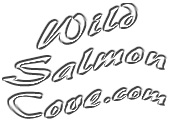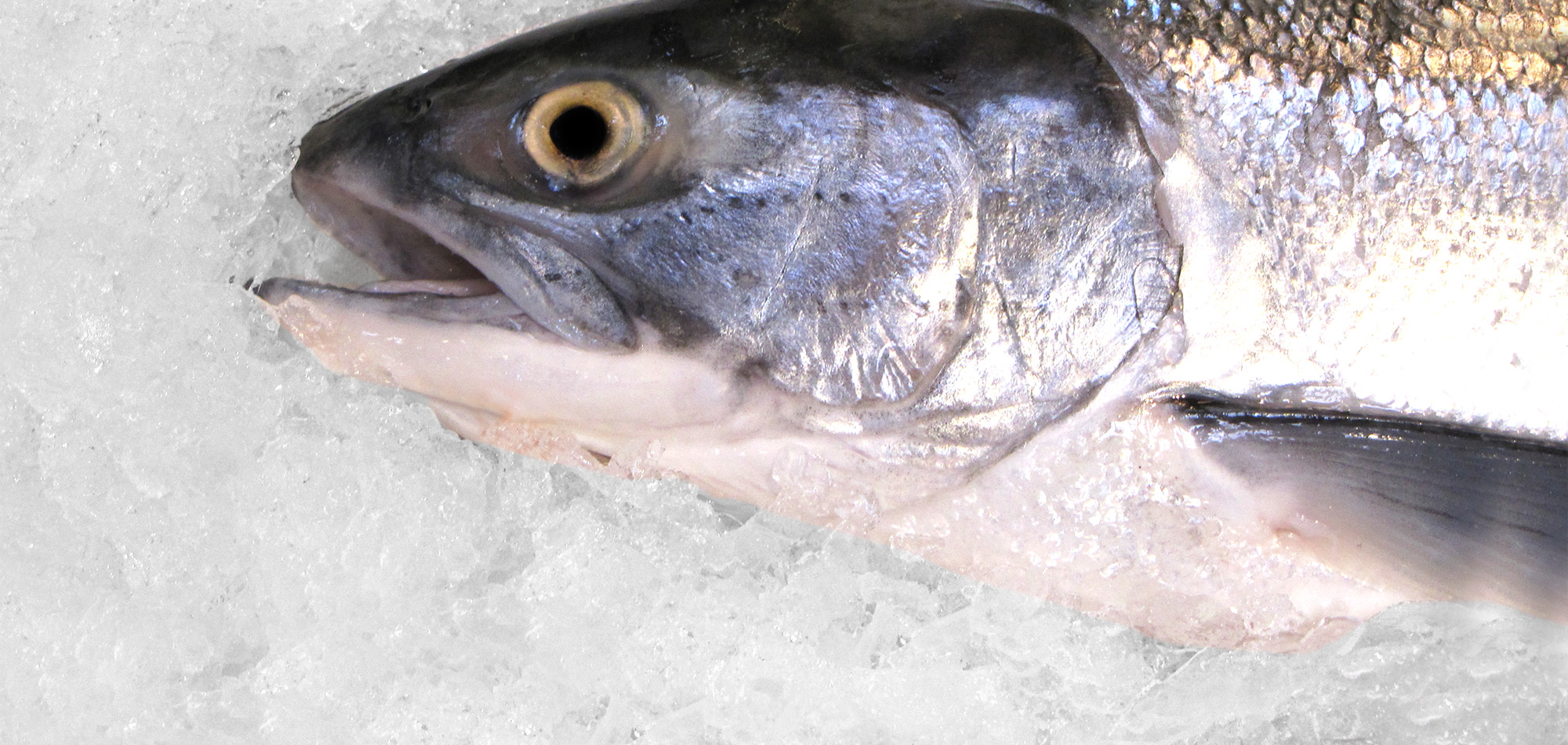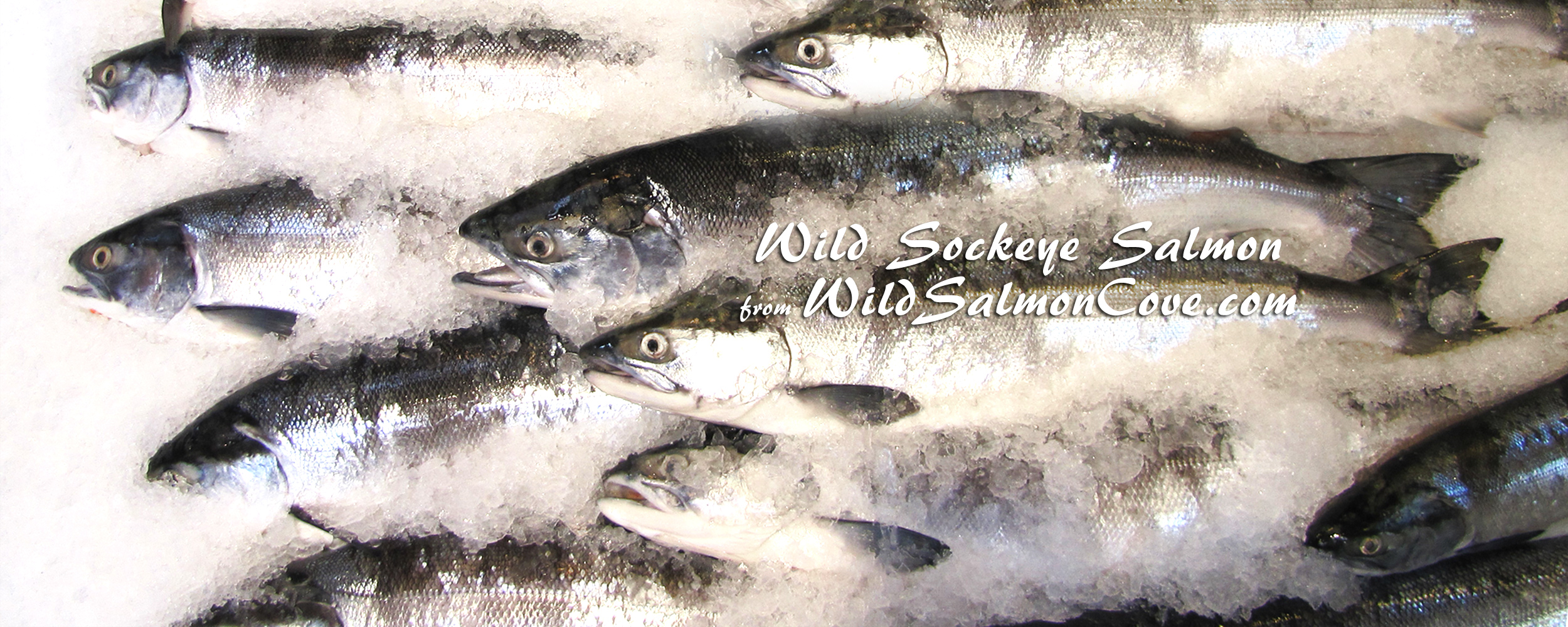Most fishers and smaller processors are hard working, trustworthy people.
Part 4 in this 4 part series – BC Fishers Made Scapegoats
They are also, for the most part, friendly. Fishers have a lot in common with farmers who have also suffered similar economic fate at the hands of large corporations and government.
Independent fishers need more access to wild BC salmon, not less!
Marketing councils work in partnership with large processors that in a good season scoops up millions of tons of wild BC salmon to boil, can, and sell in Europe at premium prices and high profit.
The work with private contractors to win grants that allow them to promote canned wild BC Salmon in Europe under a Canadian banner even though independent British Columbian fishers provide a large portion of the funds to get the ball rolling.
BC wild salmon is promoted as Canadian salmon in Europe regardless of the fact that BC is now the only province where wild salmon is commercially captured. The East Coast commercial wild salmon fishery collapsed a long time ago. The only commercial salmon the East has left is Atlantic FARMED salmon.
Today, if you capture and sell wild salmon, it comes from the West Coast, but because of restrictive clauses in grant agreements, it CANNOT be promoted in Europe as a BC food product, which is detrimental to independent BC salmon fishers.
Back in the day, when wild BC salmon stocks were healthy, global sales strategies and restrictions like this were reluctantly acceptable. Today however, now that wild BC salmon stocks are seriously depleted, some strains even extinct, it makes no sense to seine net salmon like it was 1950 and churn it into SPAMon that sells at an artificially inflated price to an uneducated foreign market. Europeans and Asians have little idea some strains of BC wild salmon are extinct.
If such a large volume of wild BC salmon wasn’t being shipped off to Europe and China there would be more fish left in local waters for independent fishers to capture. The absolute biggest complaint independent BC salmon fishers have is that the DFO restricts their capture quotas because the government claims salmon stocks are under too much pressure. It’s the same government that partners with large processors that sell millions of tons of canned salmon in Europe at premium prices and high margin.
Today, it makes better sense, from a sustainability and marketing perspective, to invest more research and development in FRESH and FRESH FROZEN wild BC salmon, a seafood product that when promoted properly, raises the perceived value of Canada’s iconic fish and puts more of it in the local and national market at an affordable price. As good as lobster tastes, and as much as we all love it, remember, wild salmon is a much more nutritious food choice than lobster slathered in butter. Fresh and fresh frozen wild BC salmon is rich in Omega-3 and a heart-healthy food source for kids and seniors alike.
Large processors, whose capital investment and infrastructure are primarily modeled on old school canning, can’t generate the same profit margin on fresh or fresh frozen salmon, so even though fresh is good for the health of salmon stocks and local consumers, it’s not a product line large processors are interested in developing. Profit is paramount and everything else takes a back seat. Decades ago, when Canada had healthy salmon stocks, few people were concerned about who was profiting and by how much, but today sustainability issues are radically different, as reported by the Cohen Commission.
Today, for consumers, it makes more sense to only eat wild salmon that has been minimally processed so it retains all its natural goodness. Eating higher quality fresh and fresh frozen wild salmon means you can eat less and receive more heath benefits, which translates into more people having access at a cost effective price point. It’s the responsible and common sense thing to do.
When you’re talking about a wild, potentially non-renewable living food source which in part is a result of fishing pressure, climate change, and pollution, it’s unethical to allow profit to undermine the sustainability of such a valuable keystone fish.
Wild BC salmon is a living creature, not a billboard ad, or a car.
If you agree or disagree with info in this series we’d like to hear your opinion,
but we reserve the sole right to moderate just like everyone else who owns a blog.
If you’d like to comment we prefer you use your real name,
but if you need to hide your identity you can comment anonymously.
Please make sure your comments are on topic, not slanderous or libelous,
and that you can prove what you say. No ad hominem attacks on people either,
which means stick to business and don’t make it personal.
So … here’s your opportunity! Take a moment and share your thoughts.
Click to read Part 1 of this 4 Part series – BC Salmon Fishers Made Scapegoats




